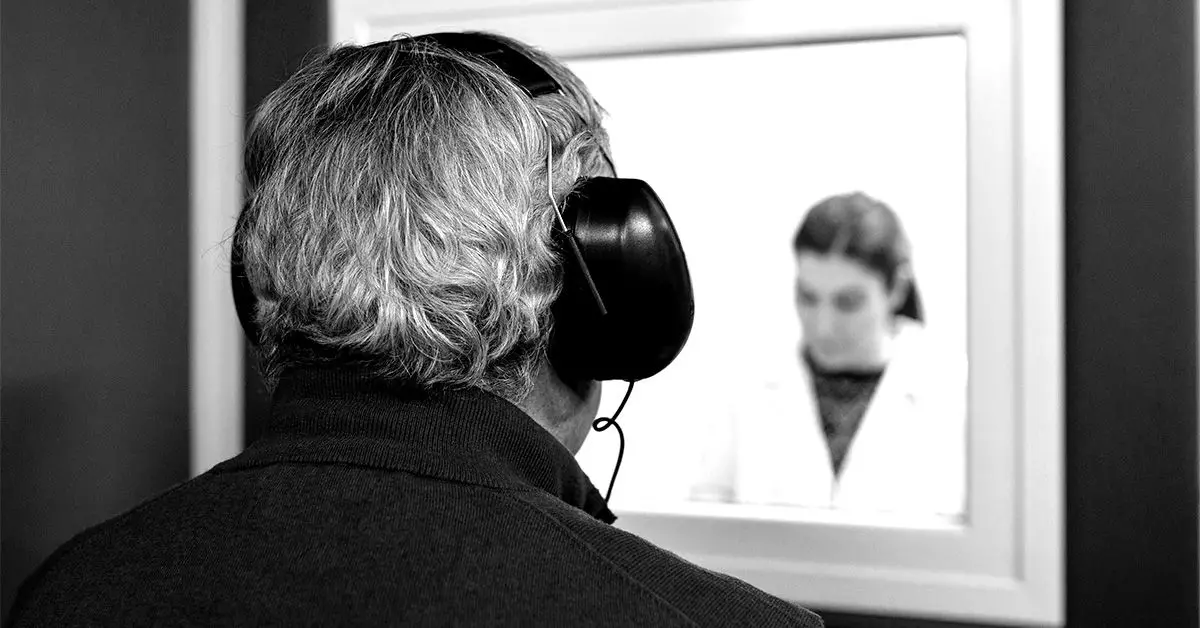Hearing loss is an all-too-familiar plight affecting millions across the globe, particularly as we age. Approximately one in three individuals over the age of 60 grapples with varying degrees of hearing impairment. What often slips under the radar, however, is the potential link between hearing loss and a range of cognitive issues, including the ominous specter of dementia. Recent research attempts to illuminate this connection, suggesting that addressing auditory challenges in older adults could lead to significant improvements in cognitive health. This raises an urgent call to action for healthcare providers, caregivers, and families alike to prioritize auditory health as part of overall well-being.
The Alarming Statistics
The statistics surrounding hearing loss and dementia are alarming and warrant immediate attention. A recent study indicated that individuals with moderate hearing loss might face a 17% increased risk of developing dementia, while those suffering from mild hearing impairment carry a 16% greater risk. Such findings underscore the necessity of recognizing hearing loss not merely as an inconvenience but as a serious public health concern that could accelerate cognitive decline in the aging population. The prevalence of clinically significant hearing loss among older adults—nearly two-thirds in a large-scale study—further emphasizes the magnitude of this issue.
What is particularly striking is that while hearing loss is prevalent, it is often underdiagnosed. Many older adults may dismiss their hearing difficulties or fail to seek help, mistakenly believing that hearing loss is simply a natural part of aging. This misconception could be detrimental, leading to isolation, increased cognitive load on the brain, and ultimately speeding up the decline in cognitive functions associated with dementia.
A Deeper Look at the Connection
The potential link between hearing loss and dementia is complex and multifaceted. Researchers believe that diminished auditory stimulation can lead to increased social isolation and reduced cognitive engagement, contributing to structural changes in the brain. Specifically, brain regions associated with attention and memory, including the frontal cortex and the auditory regions of the temporal lobe, may suffer from neglect due to limited auditory input.
Dr. Steven Allder, a consultant neurologist, suggests that the reduction in auditory stimuli might force the brain to redirect its resources, compromising memory retention and general cognitive abilities. This redirection, combined with the cognitive overload required to interpret sounds and conversations amidst hearing loss, can set older adults on a perilous path toward cognitive decline.
The Path Forward: Importance of Early Intervention
Identifying hearing loss early on is essential for mitigating the risks associated with dementia. Current research advocates for routine hearing assessments to begin in midlife, ideally around age 60, to capture any clinically significant changes. Early detection allows for timely interventions, which could significantly dampen the risk of developing dementia.
Moreover, it’s crucial for older adults to engage with healthcare professionals about their hearing health. Despite the uncertainty surrounding whether treating hearing loss can definitively reduce dementia risk, improving communication through the use of hearing aids has shown promise in enhancing overall quality of life and cognitive engagement for many individuals.
Collective Sensory Health and Its Implications
A crucial aspect of addressing hearing loss is recognizing its interplay with other sensory impairments. Vision impairment frequently coexists with hearing loss, particularly in older adults, often exacerbating the cognitive load on the brain. By treating these sensory deficiencies collaboratively, healthcare providers can create holistic approaches that stand to benefit not just individual well-being but overall population health as well.
Moving forward, it is critical for the medical community to advocate for a synergistic approach to sensory health, focusing on integrated strategies that encompass various sensory domains. As this area of research evolves, we must remain attentive to the implications of multiple sensory impairments on dementia risk, striving for comprehensive prevention strategies that can lead us toward healthier aging.
The essence of this discussion is clear: addressing hearing loss is not simply about enhancing the ability to hear. It’s a pivotal component of safeguarding our cognitive health and ensuring that our later years are as vibrant and fulfilling as possible. The call to action is unequivocal: early detection, informed treatment, and public awareness can create a ripple effect that revitalizes our approach to aging and mental health.

